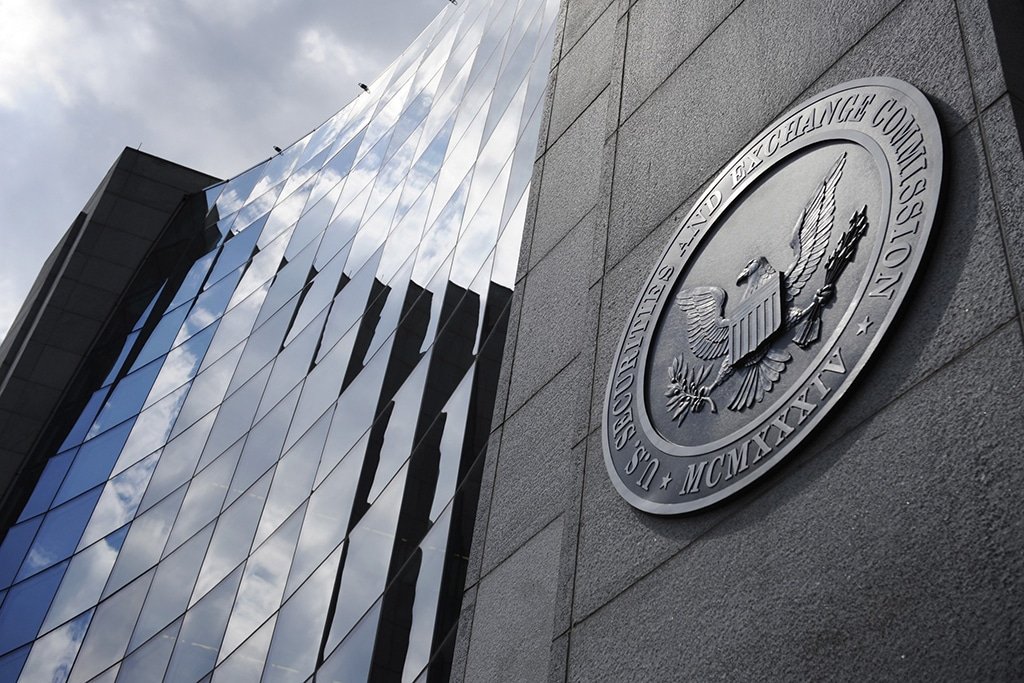The SEC notes that EtherDelta allowed its customers to trade ERC20 which were deemed as securities, and without registering with the agency.
Zachary Coburn, the founder of Ethereum-based decentralized crypto exchange (DEX) EtherDelta, is now in the middle of a new trouble. The U.S. Securities and Exchange Commission (SEC) has charged Coburn for running an unregistered cryptocurrency exchange. The securities watchdog also notes that it is the first enforcement action from the agency on a platform operating “as an unregistered national securities exchange.”
Moreover, in the official press release, the SEC describes the existing anomalies in the EtherDelta’s functioning. The decentralized exchange EtherDelta is also a secondary marketplace allowing customers to trade ERC20 tokens. The ERC20 is a popular protocol for tokens issued on the Ethereum blockchain network through Initial Coin Offering (ICO).
Issuing DAO Tokens Regarded As Securities
EtherDelta used the Ethereum-based smart contracts to execute the buy and sell orders for ERC20 tokens. However, the SEC says that exchange issues several tokens deemed as securities and thus violated several federal securities laws. Last year in 2017, the securities watchdog issued a DAO report. The report noted that all digital assets, such as the DAO tokens, shall be deemed as securities.
As a result, all the exchanges trading such security tokens will have to adhere to the SEC’s requirement of operating as a registered exchange or pursuant to an exemption. While offering such security tokens, EtherDelta failed to register with the SEC
Stephanie Avakian, Co-Director of the SEC’s Enforcement Division, said: “EtherDelta had both the user interface and underlying functionality of an online national securities exchange and was required to register with the SEC or qualify for an exemption”.
Steven Peikin, Co-Director of the SEC’s Enforcement Division said: “We are witnessing a time of significant innovation in the securities markets with the use and application of distributed ledger technology. But to protect investors, this innovation necessitates the SEC’s thoughtful oversight of digital markets and enforcement of existing laws.”
On the contrary, EtherDelta founder Coubern consented to the SEC order and agreed to pay the penalty. The SEC has also appreciated Coubern’s cooperation and decided not to impose a greater penalty.
Discerning EtherDelta’s Decentralized Operations
The major reason EtherDelta was regarded as a decentralized exchange is that it processed orders on the Ethereum network. However, the platform was run by a single person i.e. the founder. With a single point of failure, the platform can’t be deemed to be completely decentralized.
With the SEC slapping charges on EtherDelta, one thing is clear that the agency won’t leave a loose hand on the decentralized exchanges. Andrew Hinkes, an adjunct professor at the New York University School of Law commented on the recent charges.
“This tells you that an exchange that used a distributed set of nodes instead of a centralized server isn’t going to be treated any differently,” Hinkes said. “Just because you make it and then it gets operated by a decentralized network of others doesn’t mean that any prospective responsibility or liability is gone. It’s just possibly relocated.”
Preston Byrne, a partner at the law firm Byrne & Storm, P.C also shared similar views.
“It doesn’t matter whether you sell the business or operated it a year ago or a few years ago. American securities laws are going to be enforced,” Byrne said.
